Did These 5 Mistakes Cost India a Spot in the WTC 2025 Final?
India was dominating the World Test Championship points table at one time, needing just 3 wins in their next 8 games to mark a spot in the finals. But what happened next, which completely pushed the Indian team out of the final race, causing them to miss their third consecutive final?
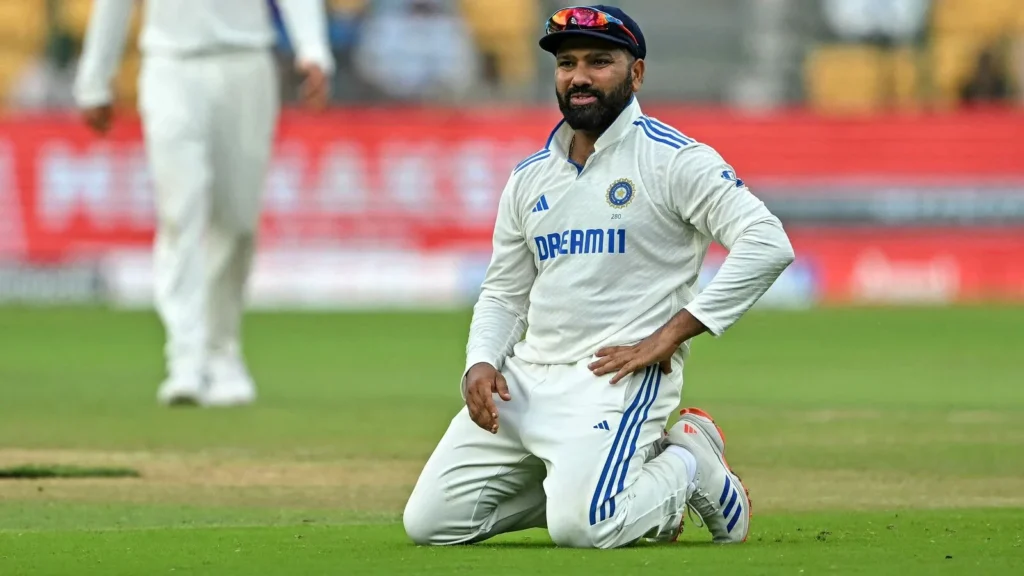
Imagine it’s the month of September in 2024, and India has just secured its historic win over Bangladesh in the two-match Test series. Now, the team is just 3 wins away from another final of the World Test Championship, and the Hitman is ready to add another trophy to his captaincy resume.
Amidst these last 8 games for the WTC cycle, India had three games against New Zealand at home and five games away in Australia, and it seems easy for the team to secure at least three wins. These were surely the hopes of all Indian fans, but what happened next was complete mayhem for the Indian cricket team and fans, as the team got knocked out of the finals race.
ICT bottled WTC Final from here 😭😭 pic.twitter.com/31rWzez8Ln
— TukTuk Academy (@TukTuk_Academy) June 11, 2025
The form of the Test team had deteriorated completely, as India suffered a whitewash against New Zealand at home, ending their 12-year winning streak in the home series. Following that, India also lost the Border-Gavaskar Trophy against Australia after a decade and ended up with just one win in their last 8 matches.
A team that dominated completely for the majority of the World Test Championship cycle was pushed out of the finals race within a few months, also washing out the dreams of watching Rohit and Virat with the WTC trophy. Let’s take a look at the list of reasons that contributed to the team’s knockout in the WTC final race.
Rohit and Kohli’s Dip
Rohit Sharma and Virat Kohli are known to be the most experienced stars of the Indian cricket team. They bring the experience to the team’s batting line-up, and even after dominating in the Test format for a long time, the duo suffered a dip in the World Test Championship 2023-25 cycle. In the current WTC cycle, Rohit scored just 864 runs in 31 innings at an average of 28.80.
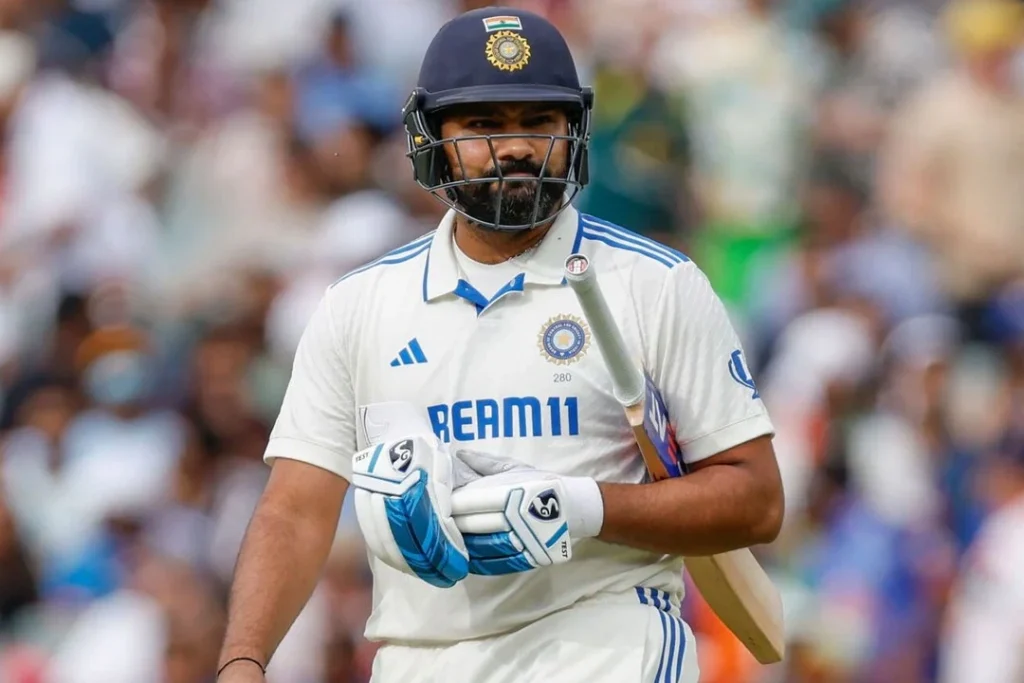
His form deteriorated completely following the Tests against Bangladesh, as he scored just one half-century in the Tests against New Zealand. The player who was once known for his stroke play was now getting out for his erratic shots. Critics and analysts also noticed his form deteriorating at a rapid pace, and there were calls to relieve him of the responsibilities in Test cricket.
Virat Kohli, on the other hand, who was ranked as the number one batter in the Test format, also suffered a dip in his form since 2020. Even in the current WTC cycle, Kohli scored just 751 runs in 25 innings at an average of 32.65, which is far lower than the averages he used to keep before 2020. In the Border-Gavaskar Trophy, he also experienced a low form, scoring 190 runs in 5 matches at an average of 23.75, including a century.
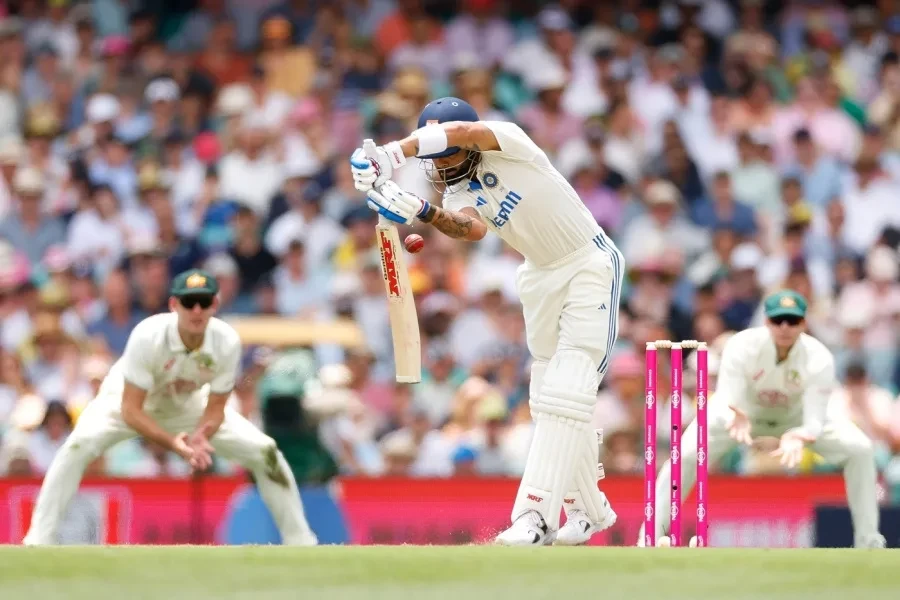
Virat Kohli was also consistently losing his wickets to balls outside off-stump. Analysts such as Irfan Pathan, Kevin Pietersen, and many more suggested that the slump in form with the age factor suggests that these stars may not fit in the Indian team. The slump experienced by both legendary Indian batters is also the major reason why India was pulled out of the WTC final race.
Too Much on Bumrah’s Shoulders
India’s pace star, Jasprit Bumrah, has been the cheat code for the team when it comes to taking wickets across all the formats of the game. But the Indian captain put down more burden on the pacer during the World Test Championship 2023-25 cycle, also raising concerns for his overuse. In the current WTC cycle, Bumrah took 77 wickets in 15 matches at an average of just 15.09 and an economy of 2.95 runs per over.
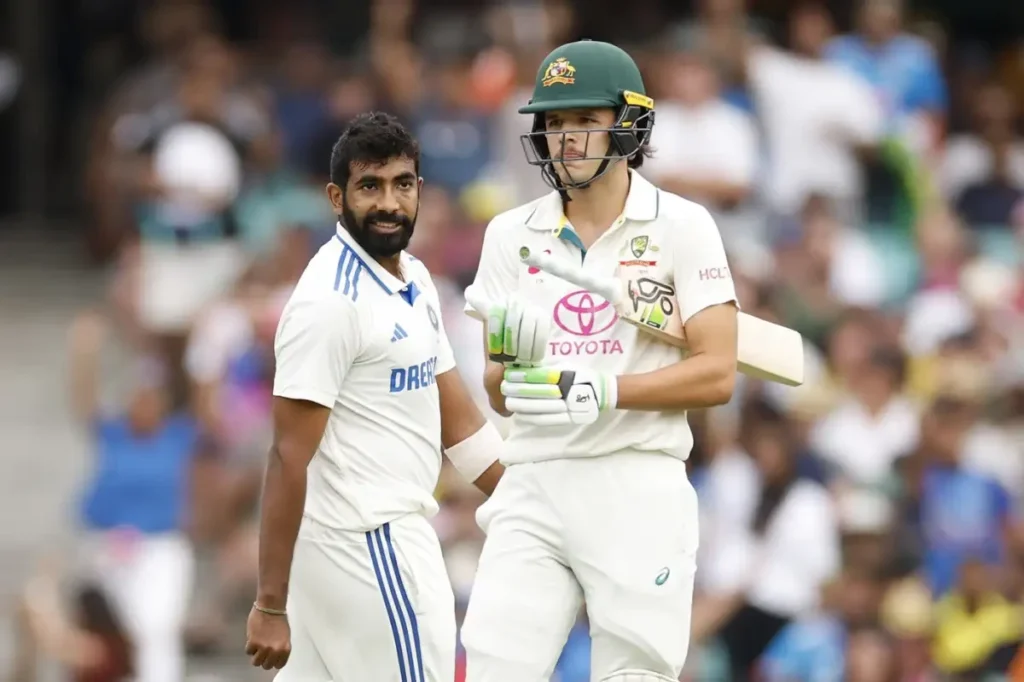
Following his return to the Indian team in the Test format after an injury, the Border-Gavaskar Trophy pushed him to his physical limits. Bowling more than 150 overs for the team across 9 innings, he was able to take 32 wickets at an average of just 13.06 runs, but his effectiveness was affected in the later matches as fatigue kept increasing.
Mohammed Shami was sidelined due to injury, and Siraj was inconsistent with his performances, due to which the Indian team heavily relied on Bumrah for taking wickets. Besides that, he also didn’t receive support from the Indian spinners in the Australian conditions, adding more to his troubles. Various experts, such as Ravi Shastri and Ian Bishop, also warned India of burning their star bowler with overuse.
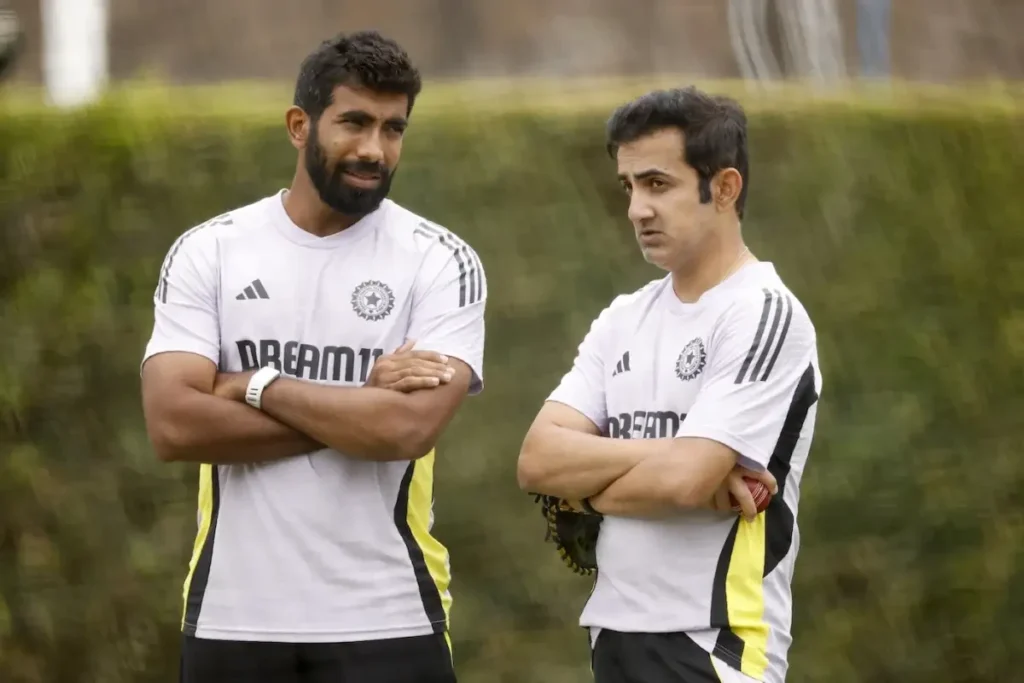
Injuries had been persistent in Jasprit Bumrah’s career, as he also missed out on the Champions Trophy due to the injury he encountered in the Border-Gavaskar Trophy. Fortunately, the Indian team has addressed this concern for the next WTC cycle, and, hopefully, they’ll reach the finals this time.
India’s Next Gen Underperforms
With senior players such as Rohit Sharma and Virat Kohli already having age and fitness concerns, it was time for the next generation of Indian cricket to take over in the Test format. But many of the stars who were expected to do well for the team with bat and ball failed to take advantage of the given opportunities. This could be the main reason why the Indian team dropped an easy chance to reach the WTC final.
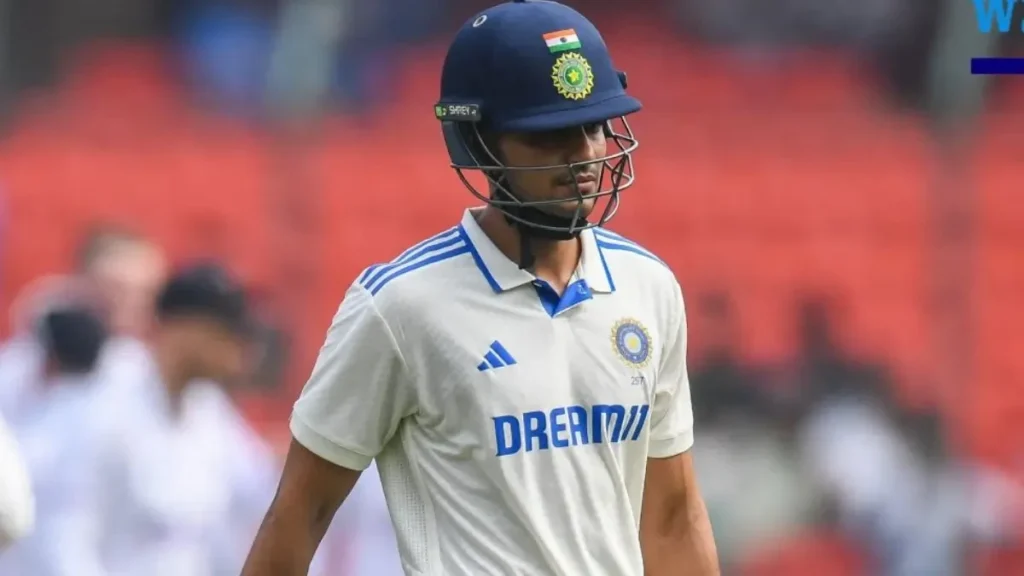
In the batting line-up, the team got youngsters such as Shubman Gill, Yashasvi Jaiswal, Sarfaraz Khan, Dhruv Jurel and Shreyas Iyer. These players were able to dominate in a few games but struggled to maintain consistency. Gill, who is said to be the Prince of cricket, has failed to maintain his form in the Test format. Yashasvi Jaiswal, who started his career well against England, has also not been able to give consistent performances for the team.
Even in the bowling line-up of the team, things are almost the same with players such as Mukesh Kumar, Harshit Rana, and Prasidh Krishna. They have found it challenging to maintain the rhythm in the longer formats of the game. This could also be the reason why the team heavily relied on Jasprit Bumrah while taking wickets.
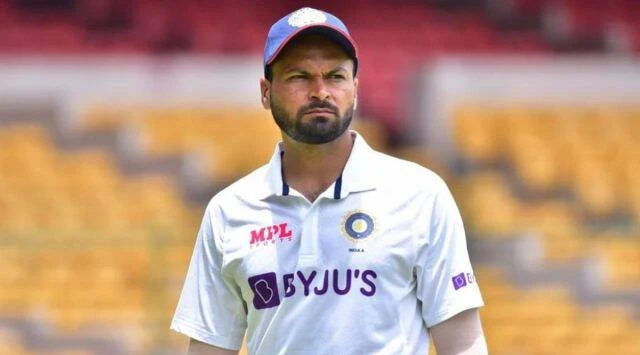
The spin department of the Indian team, including players such as Kuldeep Yadav and Washington Sundar, has not performed consistently in the matches. Although they were able to take wickets in the home games, their form deteriorated in the away matches, which caused the team to miss out on the WTC final.
The Decline of India’s Trusted All-Rounders
For almost a decade, the spin twins of India, Ravindra Jadeja and Ravichandran Ashwin, have been the backbone of the Indian bowling line-up. They have played a major role in the team’s win in various Test matches being played at home and even given contributions with the bat. But in the World Test Championship 2023-25 cycle, their performances have dipped to a great extent, especially in the overseas matches.
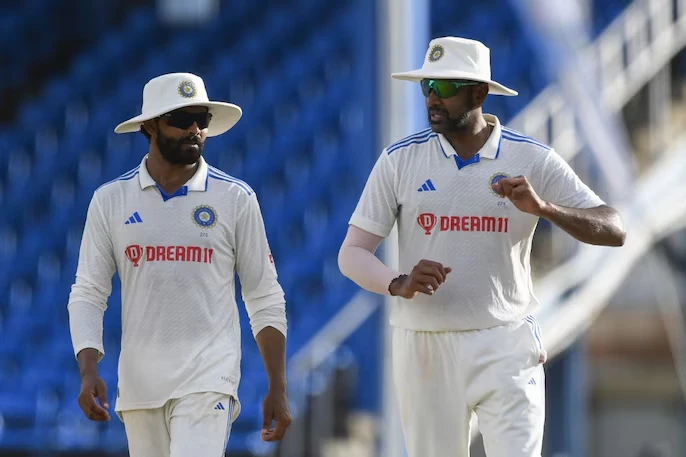
Ravichandran Ashwin, who was the number one bowler for the Indian team in the Test format for a long time, was not able to replicate his home form in the SENA countries. He took just one wicket in the BGT, forcing him to be out for the next few games before he announced his retirement after the 4th Test. His impact with the bat has also lowered, as the team’s lower order was dependent on him a bit for scoring runs when needed.
On the other hand, Ravindra Jadeja remained off his rhythm with both bat and ball. Although his bowling was accurate, he failed to deliver wickets when the team needed them. Even in the Border-Gavaskar Trophy, he took 4 wickets in 3 matches at an average of 54.50 and an economy of 3.46 runs per over.
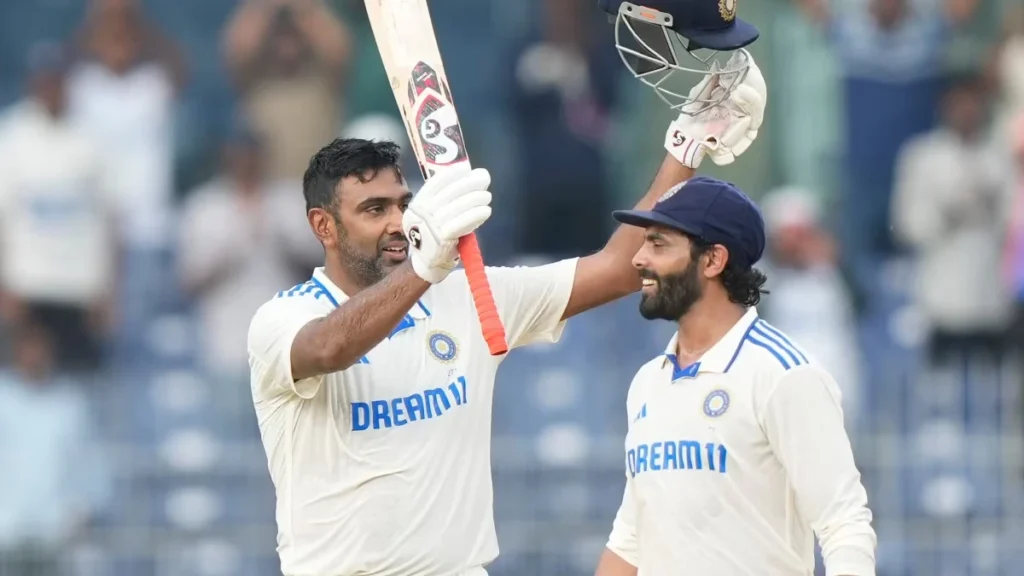
The lack of form posed by Ashwin and Jadeja also exposed the spin depth of the Indian bowling line-up, and the opposition was also able to penetrate the easy wickets of the team’s batting line-up. If the Indian team has to complete its transition, it will have to look into possible replacements, as Ashwin has already retired.
Team Unity Became a Question Mark
An unstable team environment was noticeable in the Indian team’s dressing room during the Border-Gavaskar Trophy 2024-25. This was taking place due to the confusion over team selection, dressing room morale, and much more. One of the major reasons behind the same was the clash between the coach Gautam Gambhir and the team’s selectors.
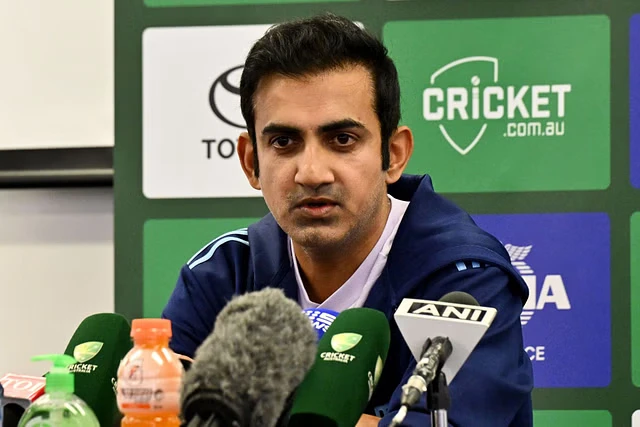
Ahead of the Border-Gavaskar Trophy, Gambhir wanted Cheteshwar Pujara to be a part of the line-up, but he was overlooked by the selectors. The inclusion of Pujara could have helped the team add more depth to the team’s batting line-up, but the actions of selectors also showcased the lack of communication and understanding between them and the coach.
During the Melbourne match, the team’s batting line-up collapsed, and Gautam Gambhir responded by saying, “Bahut ho Gaya.” He was frustrated with the team’s batting performances and told them to play with strategic influence, rather than natural play. There were also rumours that a senior player, also known as Mr Fixit, was eager for the team’s interim captaincy.
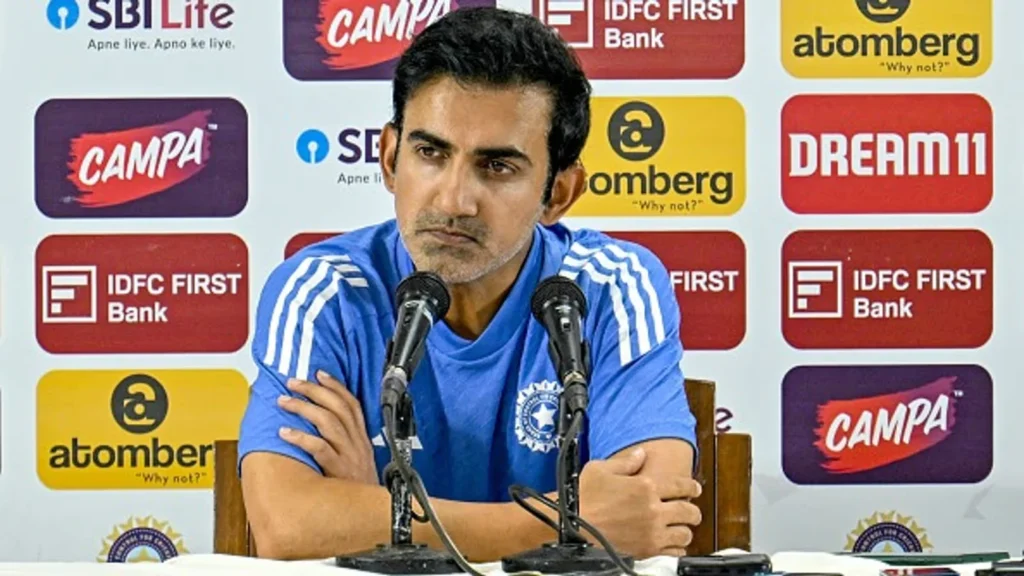
Due to such reasons, an internal rift was created in the Indian team’s dressing room. Some players agreed with Gambhir’s mentality, while others were afraid to be dropped from the team selection. Such issues also contributed to the team’s big loss against Australia and their missing out on the title.
These are some of the major reasons why the Indian team bottled their WTC qualification chances even after needing just 3 wins in 8 matches.
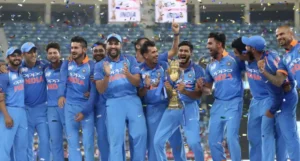
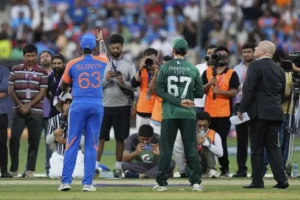

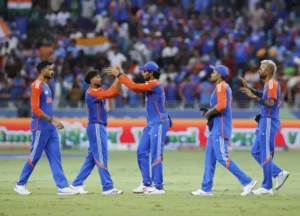
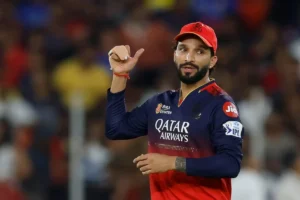
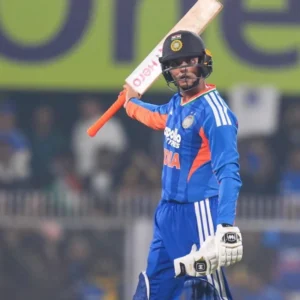
Comments